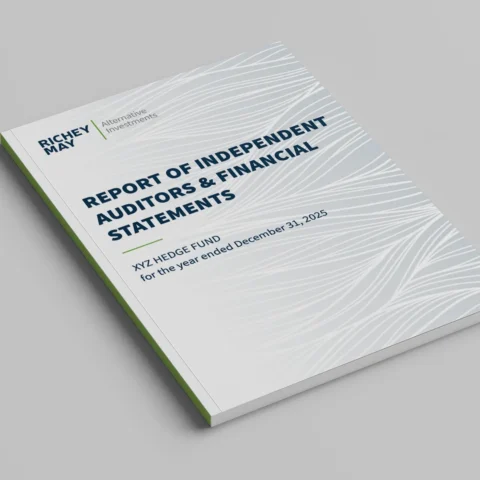Non-compete clauses have been a hotly contested topic in employment law for years. These agreements, which restrict employees from working for competitors for a set amount of time after leaving their current employer, have been criticized for limiting job mobility and hindering innovation. Now, a proposed rule by the Federal Trade Commission (FTC) could put an end to these clauses once and for all. In this blog post, we’ll explore the details of the proposed rule and what it means for employers and employees alike.
The FTC Proposed Rule Banning Non-Compete Clauses
The proposed rule, which is set to be voted on in Spring 2024, would ban employers from entering into or maintaining non-compete clauses with their workers. The FTC views these agreements as “an unfair method of competition” that can harm workers and stifle economic growth. Under the proposed rule, employers with unfair non-compete agreements would be required to rescind them and provide notice to their workers.
The proposed rule also provides some guidance on what constitutes a fair non-compete agreement. To be fair, the agreement must be supported by a legitimate business interest, such as protecting trade secrets or confidential information. To protect that interest, it must also be reasonably tailored in scope, duration, and geographic reach. Significantly, proving that a non-compete agreement is fair would fall on the employer.
It is worth noting that the proposed rule includes independent contractors, interns, apprentices, and other similar categories in the definition of “workers”. The rule also does not prohibit non-solicitation agreements, which prevent employees from poaching clients or customers after leaving their employer.
Review Your Employment Agreements
So, what should employers do regarding this proposed rule? First, reviewing your current employment agreements is a good idea to ensure compliance. Consider taking the opportunity to evaluate your compensation plans and related agreements. If non-compete agreements are a key part of your business strategy, consider alternative ways to protect your business interests.
Conclusion
The proposed rule to ban non-compete clauses is a significant development in employment law. While it is not yet set in stone, the fact that the FTC is considering such a rule underscores the growing concerns about the impact of non-compete agreements on workers and the economy. If the rule is approved, it will be incumbent on employers to review and revise their employment agreements as necessary. As always, it is essential to stay up to date on developments in this area of the law to ensure compliance and avoid any potential legal issues down the line. If you have any questions or need assistance, please reach out to info@richeymay.com.





